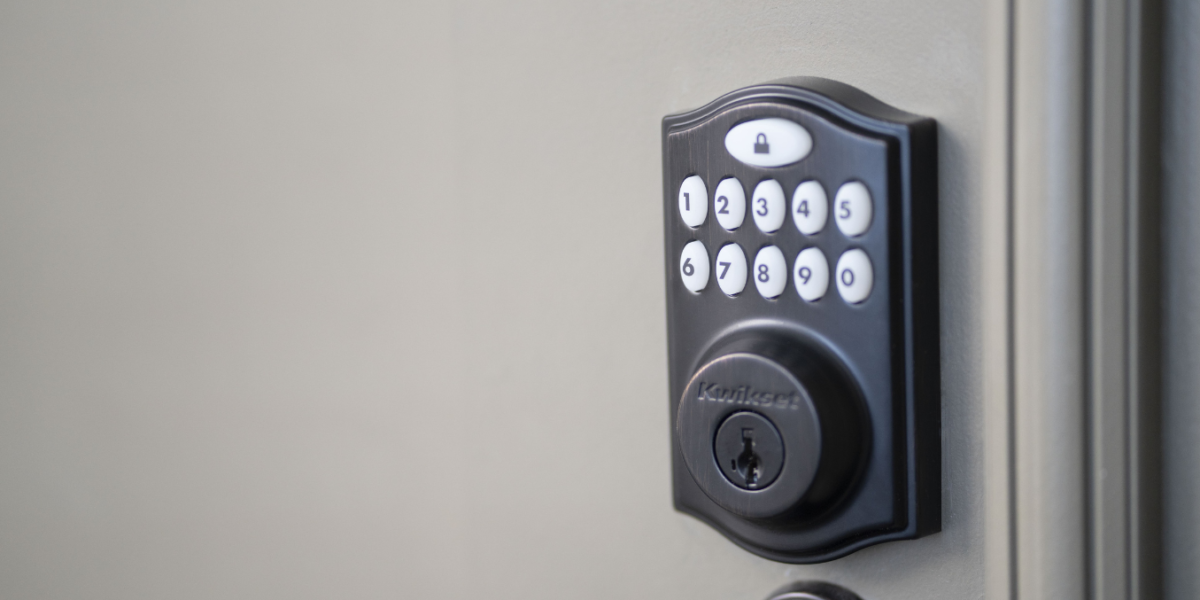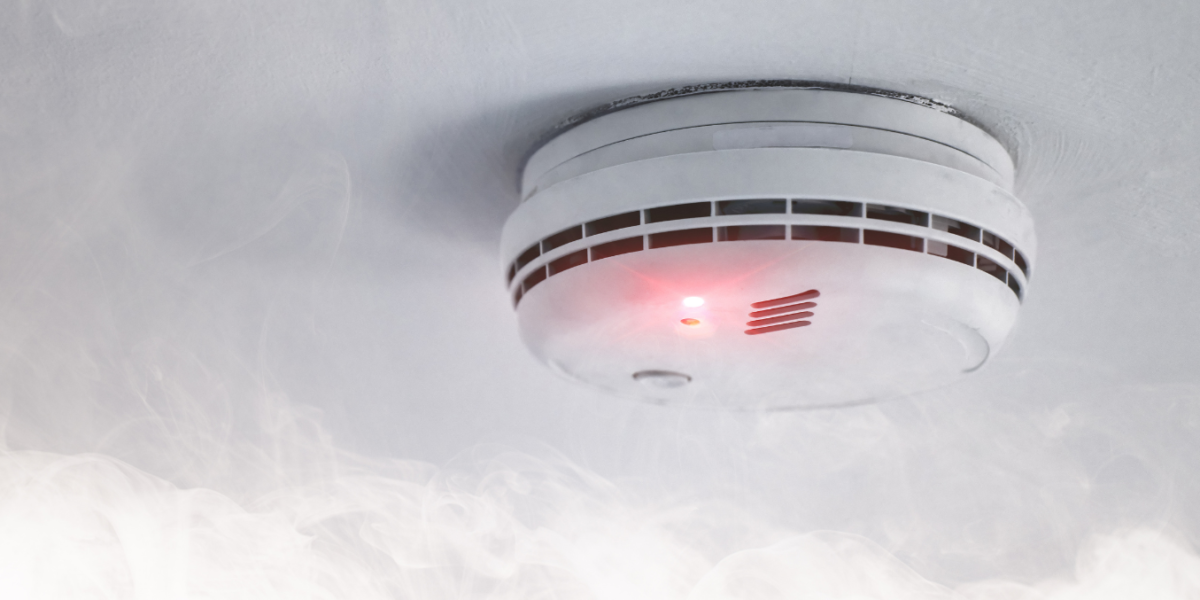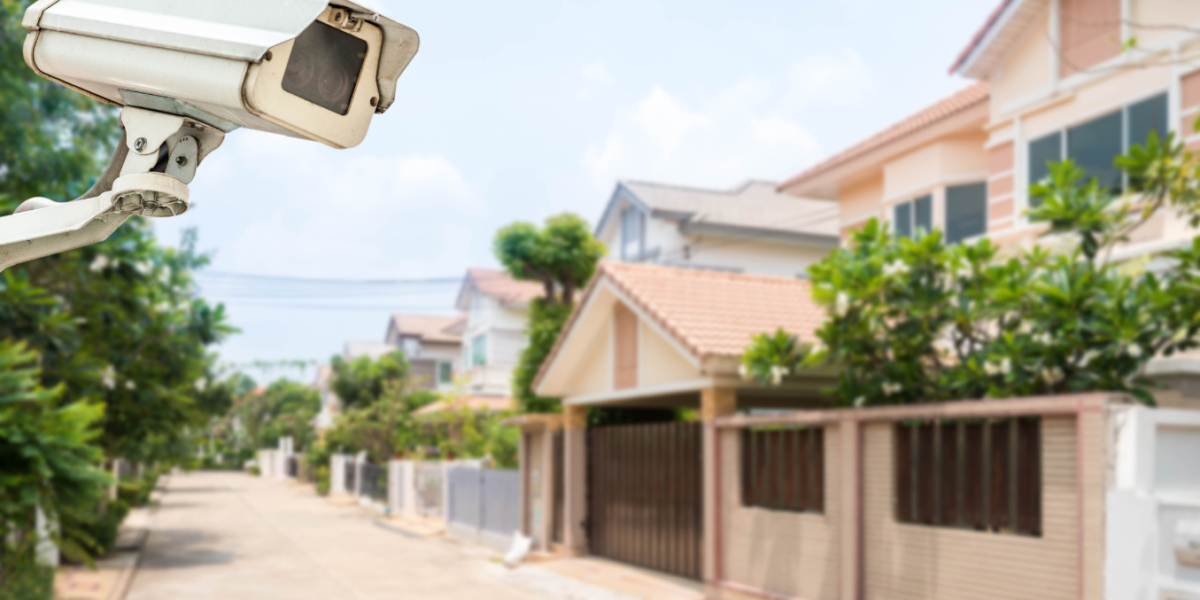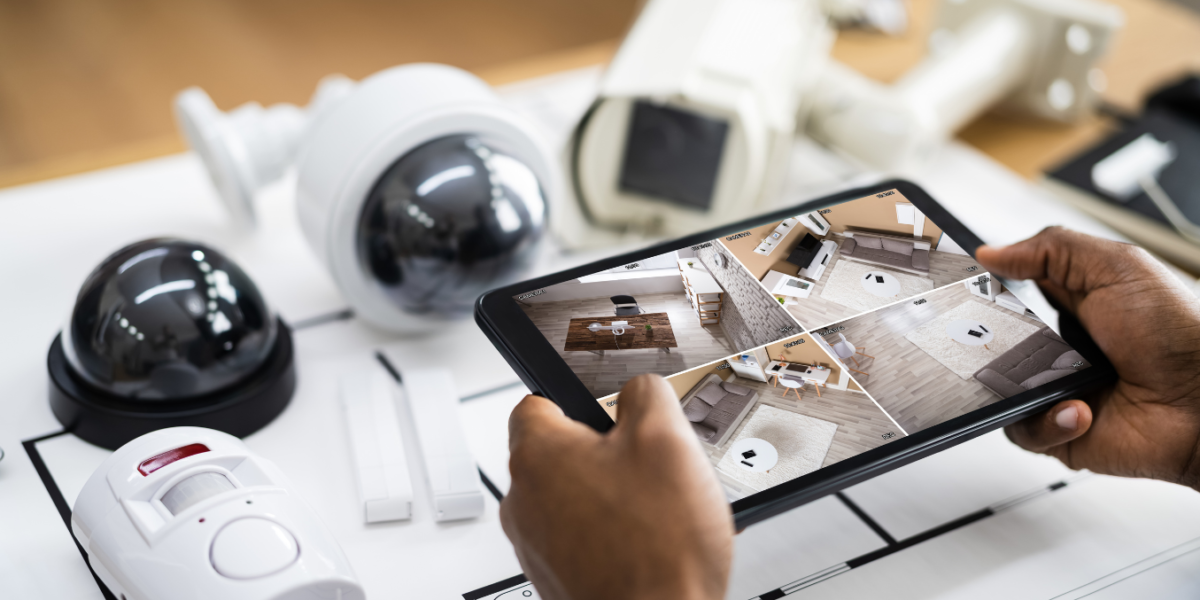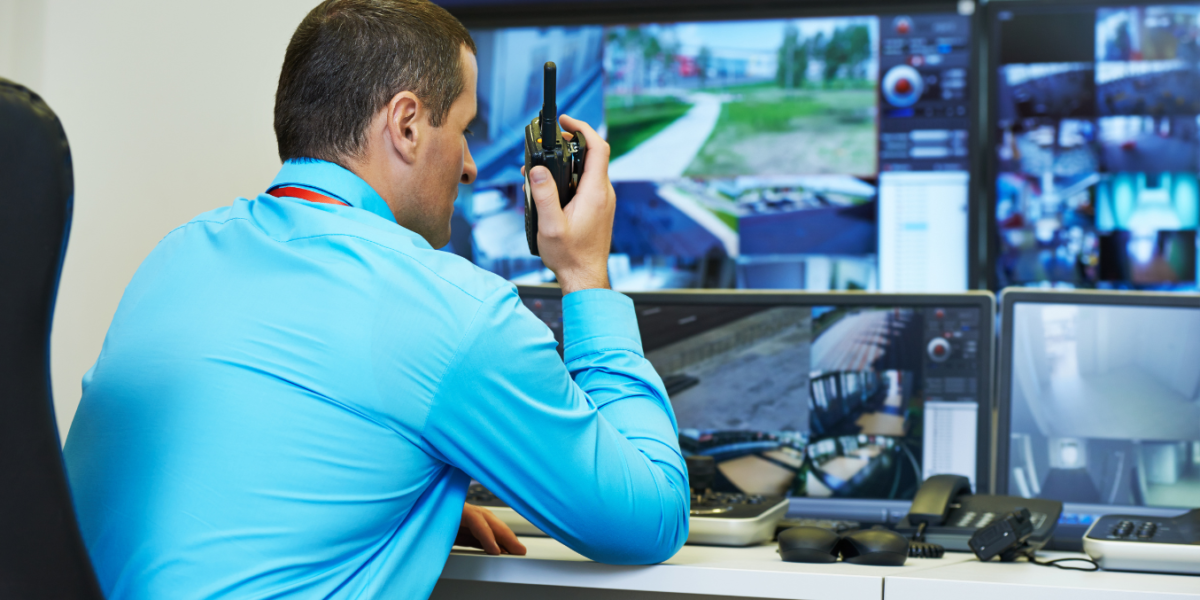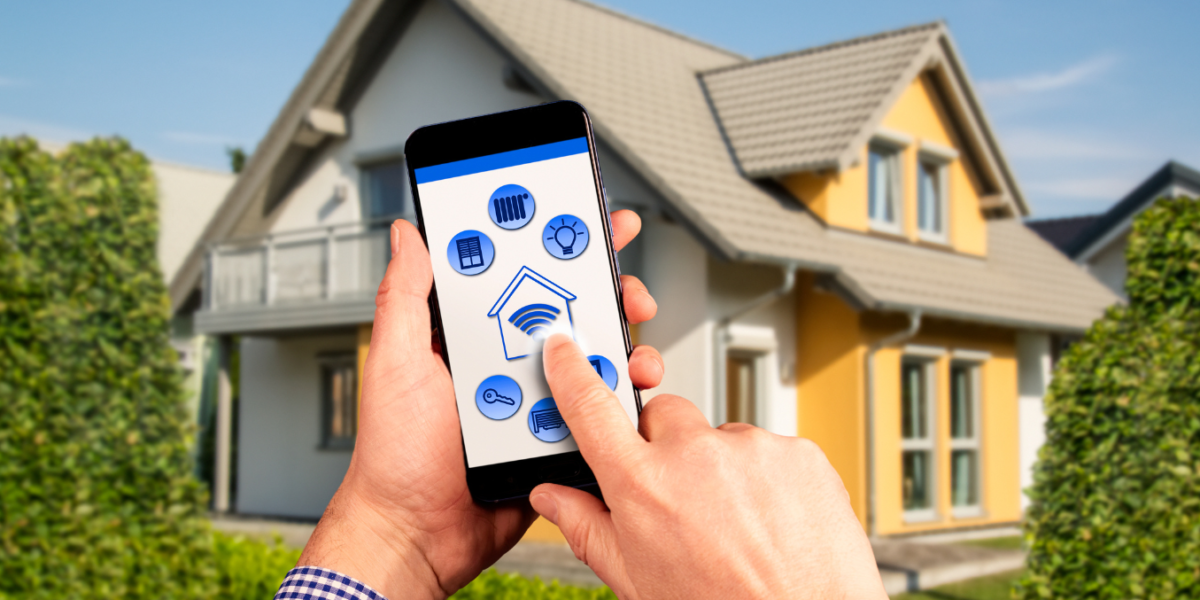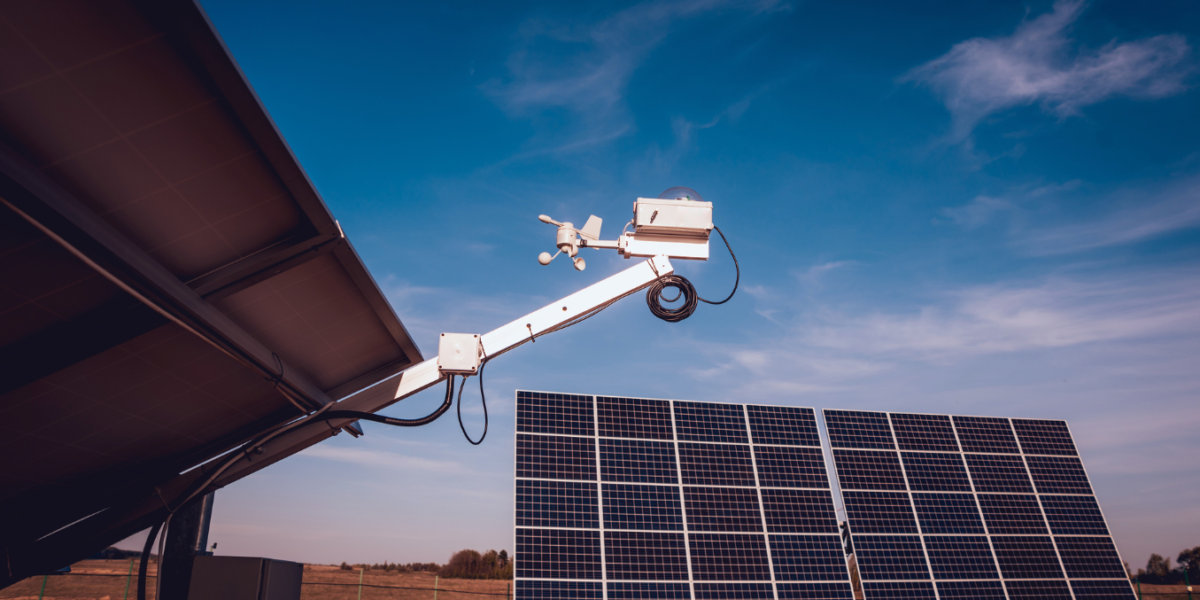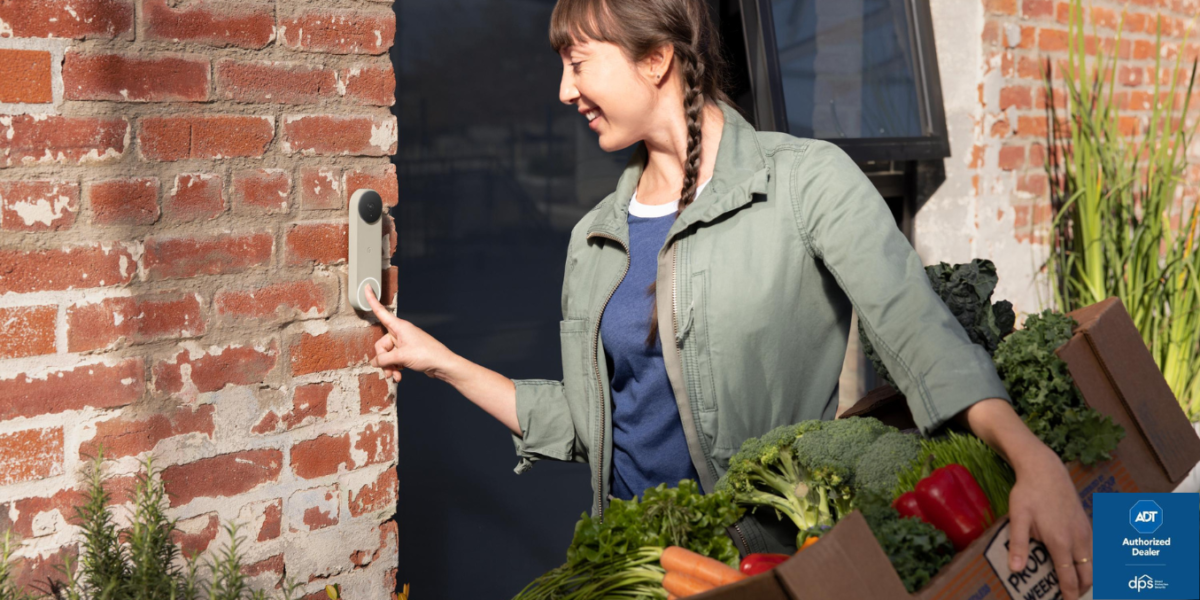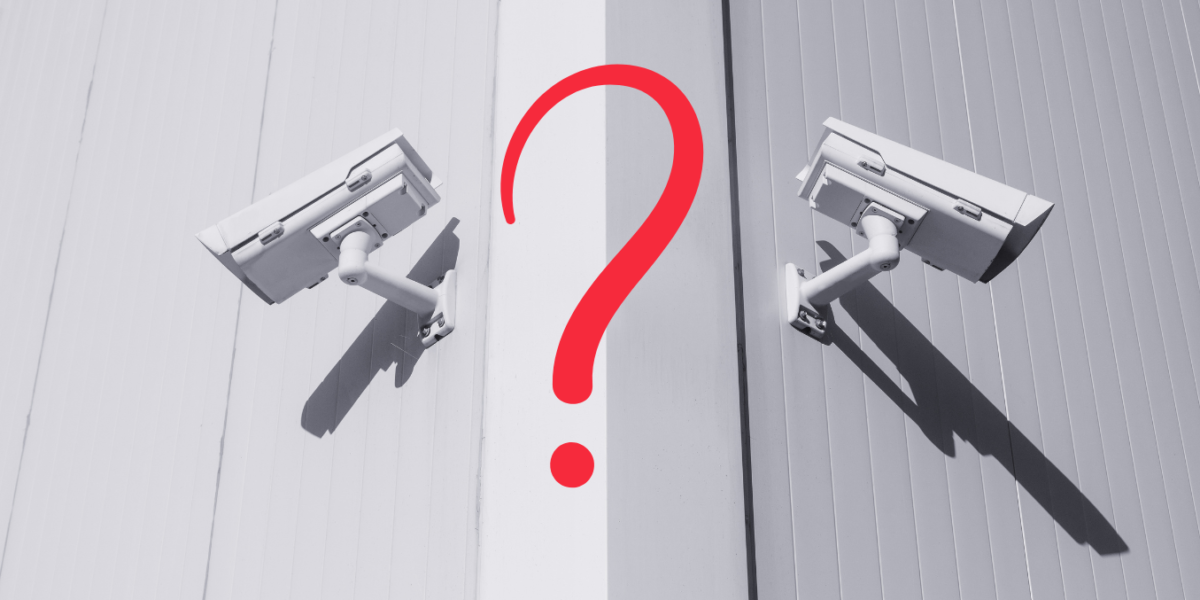When securing your home, the first thing that comes to mind is a reliable lock. Smart door locks provide an innovative solution for home security, offering enhanced convenience and control over access to your home. In this blog, we will guide you through everything you need to know about smart door locks and the benefits and factors to consider when choosing the right one for your home.
What Are Smart Door Locks?
Smart door locks are electronic locks that use a wireless connection to communicate with your smartphone or other connected devices, such as your home security. These locks eliminate the need for traditional keys and provide convenient ways to unlock doors using a code, fingerprint, or even a voice command. Smart locks offer added security and peace of mind by providing remote monitoring and control of your home’s access points.
Benefits Of Smart Door Locks
Smart door locks offer several benefits over traditional locks, including:
1. Convenience
Smart door locks eliminate physical keys and provide convenient ways to unlock doors using a code, fingerprint, or smartphone. This means you don’t have to worry about carrying a key or remembering to lock the door when you leave. Some smart locks even have features that allow you to unlock the door for guests or service providers remotely.
2. Control
It provides remote control and monitoring of your home’s access points, giving you peace of mind and control over who enters your home. With a smart lock, you can monitor when the door is locked or unlocked and receive notifications when someone enters or leaves your home. This can be particularly useful for parents who want to monitor when their children arrive home from school.
3. Security
Smart door locks offer advanced security features such as encryption, multi-factor authentication, and tamper-proof design, providing enhanced security for your home. Unlike traditional locks, which can be easily picked or bumped, smart locks use advanced encryption to prevent unauthorized access. Some smart locks have tamper-proof designs that make them difficult to break or disable.
4. Integration
It can integrate with other smart home devices, such as security cameras, doorbells, and smart thermostats, to provide a seamless experience and enhanced security. For example, some smart locks can be programmed to turn on the lights when you enter the house or to arm the security system when you leave.
5. Access Management
With smart locks, you can control who has access to your home, set entry schedules, and receive alerts when someone enters or leaves your home. It can be particularly useful if you have children or elderly relatives who need access to the home. With a smart lock, you can create temporary access codes that expire after a certain period or set schedules for certain valid codes.
Factors To Consider When Choosing Smart Door Locks
Choosing the right smart door lock for your home can be challenging, given the variety of options. Here are some critical factors to consider when selecting a smart door lock:
1. Security
The primary function of a lock is to provide security for your home. Look for locks that offer advanced security features such as encryption, multi-factor authentication, and tamper-proof design.
2. Compatibility
Ensure your lock is compatible with your home’s security system and smart devices. Check the lock’s specifications to ensure it works with your smartphone or other connected devices.
3. Battery Life
Smart locks are powered by batteries, and you don’t want to be caught off guard by dead batteries. Look for locks with long battery life and provide alerts when the batteries need replacing.
4. Installation
Smart locks require professional installation. When choosing the smart door locks, consider the installation process, and hire the most reliable and best security system installers.
5. Price
Smart locks come in various price ranges, and it’s essential to consider your budget when choosing a lock. However, don’t compromise on quality for the price, as a cheap lock may not offer the same level of security as a more expensive one.
Tips For Using Smart Door Locks
Here are some tips for using smart door locks:
1. Create Strong Passcodes
If you’re using a keypad lock, create a strong passcode that is difficult to guess. Avoid using easy-to-guess codes like birthdays or street numbers.
2. Keep Batteries Charged
Check the battery life of your smart lock regularly and ensure that the batteries are charged. Some smart locks provide alerts when the battery level is low.
3. Keep Backup Keys
While smart locks eliminate the need for traditional keys, it’s still essential to keep backup keys in case of a lock malfunction or dead battery.
4. Disable Auto-Unlock
Some smart locks offer auto-unlock features that unlock the door when you approach it. While convenient, this feature can pose a security risk. Disable auto-unlock and use manual unlocking methods instead.
Conclusion
Smart door locks offer a convenient and innovative solution to home security, providing remote control and monitoring of your home’s access points. When choosing a smart lock, consider security, compatibility, battery life, installation, and price factors. With proper use and maintenance, smart locks offer you and your family enhanced security and peace of mind. Contact us now and get the best security package for your home!


